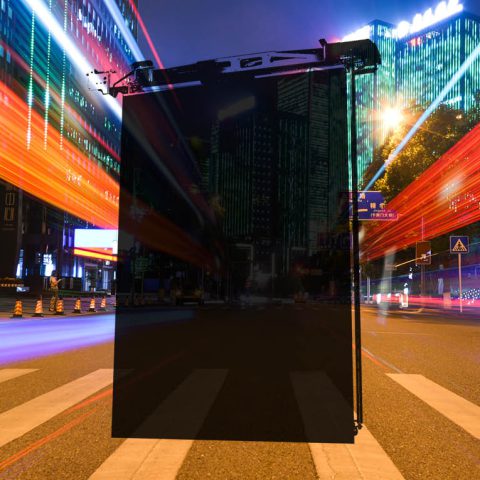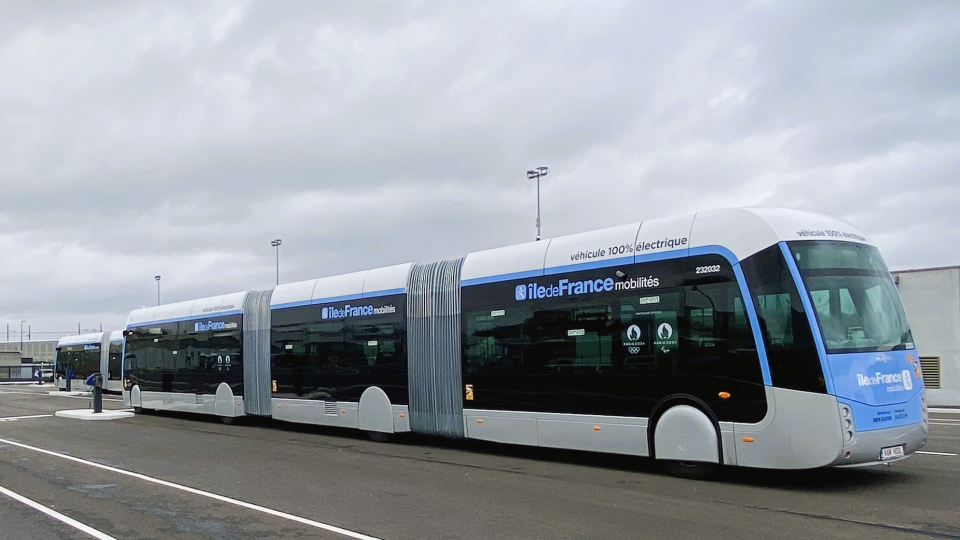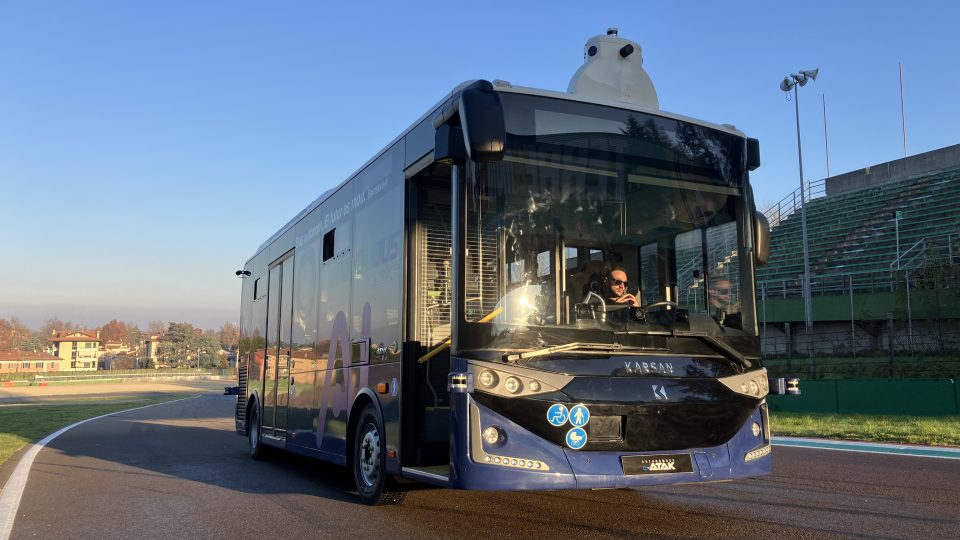Ventura Systems new door system concept has been unveiled at Busworld
Leading bus door manufacturer Ventura Systems presented a brand new door system concept at Busworld Europe in Brussels. The concept aim at “introducing the next step in driver and passenger comfort”, thanks to “a new approach to door movement and sealing properties”, the Dutch group explains. The aim of the launch is to showcase the […]

Leading bus door manufacturer Ventura Systems presented a brand new door system concept at Busworld Europe in Brussels. The concept aim at “introducing the next step in driver and passenger comfort”, thanks to “a new approach to door movement and sealing properties”, the Dutch group explains.
The aim of the launch is to showcase the concept to the Busworld audience and use the feedback for further development.
What is interesting, the new bus door concept by Ventura reduces the number of wearing parts compared to conventional door systems and minimises external noise. The improved sealing properties provide maximum resistance to water and dirt ingress.
New product option by Ventura Systems: capacitive sensitive edge
Ventura Systems was the first company to develop a Plug Sliding door system for heavy-duty transit buses. With 30 years of field experience from all over the world, the Plug Sliding door system has become the pinnacle of Ventura engineering. It is worth mentioning that 361 new electric buses from different manufacturers are set to flow into the zero-emission fleet for Oslo. They are all unique but have one thing in common: they are equipped with Ventura door systems.
Another Ventura Systems innovation on show at Busworld is the capacitive sensitive edge: a non-touch sensitive edge that detects passengers and automatically stops or reverses the door movement.
In order to protect the more vulnerable passengers and increase comfort for other passengers,
a capacitive sensitive edge offers obstruction prevention by using non-touch sensors. In the rubber of the door leaf, a touch pressure-sensitive is combined with a non-touch detection system. The non-touch system emits a small electrical field that detects anything that interferes with this field. This effectively prevents the door leafs from touching the passenger, as the door movement is stopped by the door control unit based on the interference with electrical field. When backed up by a sensitive edge, this ensures maximum safety.










